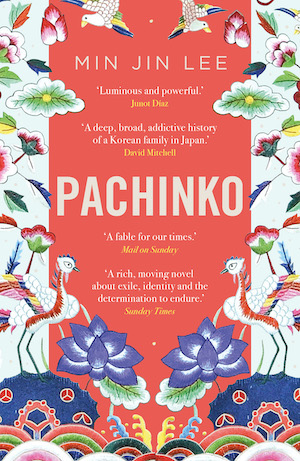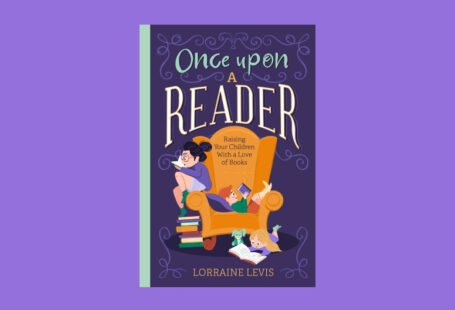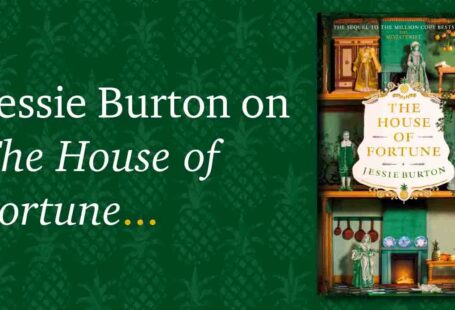I read Pachinko by Min Jin Lee last year (see previous post), and when I finished it, I knew it was very good. But I didn’t realise how good. It was only in the months to pass that I began to comprehend how exceptional a book it really is, and how it continues to shape the way I think.
There is a particular passage in the novel that was life changing for me emotionally and mentally:
“I’m not embarrassed that you are Korean. I think it’s great that you are Korean. It doesn’t bother me at all. It might bother any ignorant person or even my racist parents, but I love that you are Korean. Koreans are smart and hardworking, and the men are so handsome,” she said smiling at him like she was flirting. “You are upset. Listen, if you want, I can arrange for you to meet my whole family. They’d be lucky to meet such an excellent Korean. It would change the way they—”[…]
Noa stared at her. She would always believe that he was someone else, that he wasn’t himself but some fanciful idea of being a foreign person; she would always feel like she was someone special because she had condescended to be with someone everyone else hated. His presence would prove to the world that she was a good person, and educated person, a liberal person. […]
…she would not believe that she was no different than her parents, that seeing him as only Korean — good or bad — was the same thing as only seeing him as a bad Korean.
This passage gave voice to my experience of being mixed race in Ireland. Lee puts into words what I’ve experienced my entire life; something I hadn’t been able to put my finger on for myself.
What has been difficult for me in understanding my racial identity is believing that Ireland isn’t a racist country, but also not feeling accepted as an Irish person either (despite being born and raised here). I’ve realised that I’ve never felt Irish. I’ve recognised that this is because I’ve never felt that Irish society sees me as Irish, and I’ve internalised this problematic external perception of myself.
From processing my experience of racism, I’ve learnt that most people think racism is disliking someone because of their skin colour, when that isn’t what racism is. Most people believe that racism has to have a negative intention, and that having good intentions means you couldn’t possibly be racist, because you “mean well”.
Racism is making presumptions, prejudices, and stereotypical associations with someone because of their skin tone. Racism is seeing someone as only their skin tone; regardless of whether it’s perceived as positive or negative.
I haven’t experienced rejection from Irish society for being a person of colour, but I have experienced being seen only as Asian. I haven’t experienced being rejected for my skin tone, but I have experienced people thinking I’m interesting and attractive because of being Asian. Because of reading Pachinko, I’ve come to understand that I’ve internalised the idea that my Asianness is the pinnacle of my identity.
I would highly recommend both Lee’s novels Pachinko and Free Food for Millionaires. If you haven’t read her work, I’d strongly urge you to do so.







Recent Comments